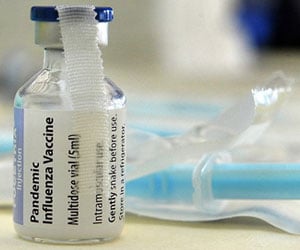UT Southwestern Medical Center scientists say that certain clinical finding and lab tests, thought to have the potential to predict future asthma attacks, may be little successful for certain people.
It could be unsuccessful when applied to people with persistent disease who are adhering to their health care regimens.While previous reports have suggested that such screen tests can prove very helpful in predicting future asthma attacks, the researchers point out that the earlier conclusions were based on observations of patients with poorly controlled asthma who had not received care based on current guidelines.
"It was surprising to find that factors often used to predict future asthma risk in poorly treated populations were of no clinical benefit when applied to a well-treated, highly adherent population of inner-city adolescents and young adults with persistent asthma," said Dr. Rebecca Gruchalla, chief of allergy and immunology at UT Southwestern.
The study involved 546 adolescents and young adults between the ages of 12 and 20 with persistent asthma, from 10 cities across the US.
The patients received care based on National Institutes of Health (NIH) guidelines for 46 weeks, and adhered to the treatment regime.
Despite the large number of disease characteristics examined, none was found to be particularly useful in predicting future disease activity.
Advertisement
"These findings highlight the need for us to identify better clinical predictors of asthma morbidity in patients who are both well-treated and who are compliant with their treatment regimes," said Dr. Gruchalla.
Advertisement
Source-ANI
ARU














